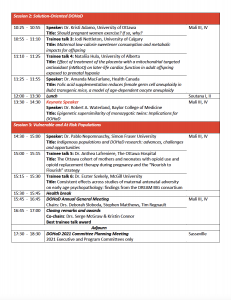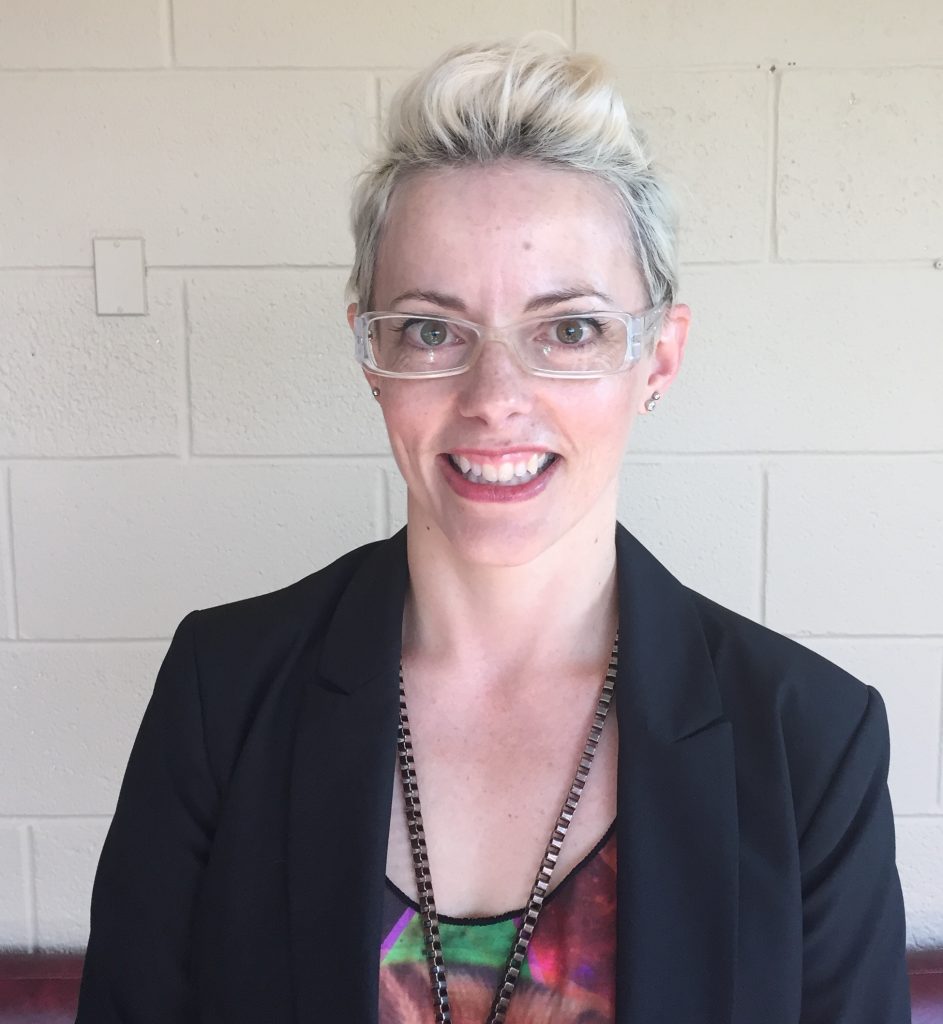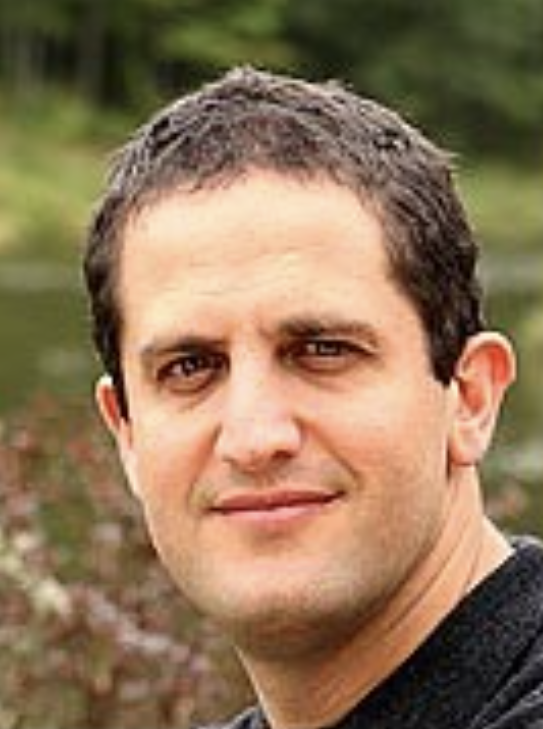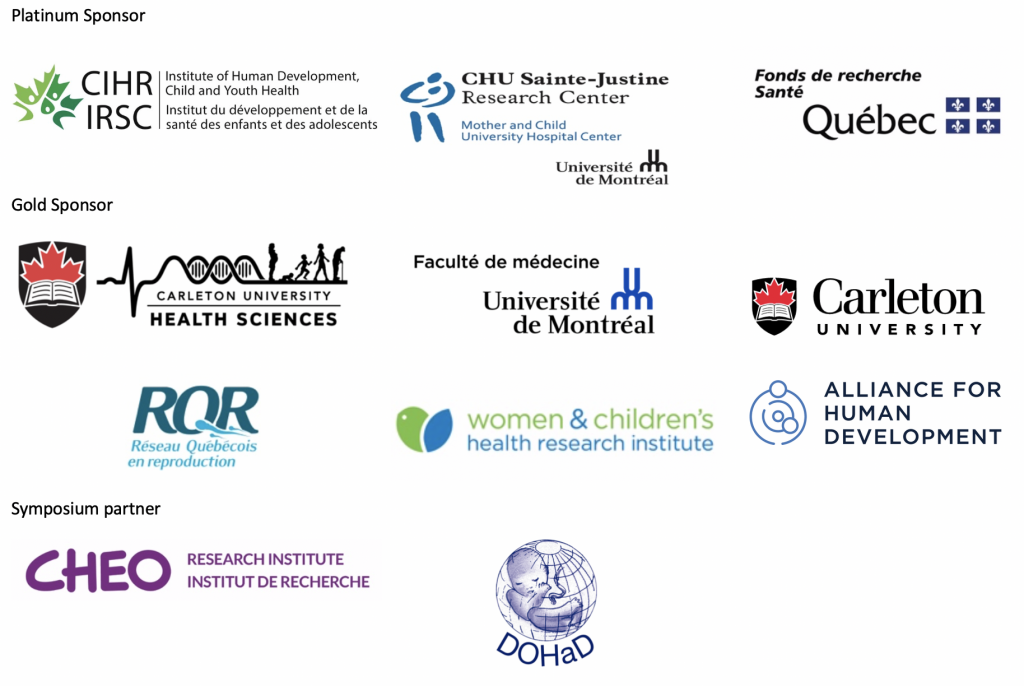2019 Meeting of the Canadian DOHaD Society
February 11-12, 2019 Fairmont Tremblant – Mont-Tremblant, Québec, Canada
Click here to see our POSTER.
Click here to see our PROGRAM.
The 3rd Scientific Meeting of the Canadian DOHaD Society will be held February 11th & 12th, 2019 at the Fairmont Tremblant, Mont Tremblant, Québec.
DOHaD Canada is pleased to host the 3rd annual scientific meeting of the Canadian DOHaD Society on February 11 & 12, 2019, taking place at the Fairmont Tremblant in Mont Tremblant, Québec (approximately 90 minutes north of Montreal, and 2h north-east of Ottawa). We acknowledge that we meet on the traditional homelands of the Algonquin Anishnabeg and their ancestors. Original Peoples of these lands and waters are the Kitigan Zibi Nation, located at the meeting place of the Désert and Gatineau Rivers. We are very grateful for the privilege of meeting on these lands.
The conference will bring together a multidisciplinary group of biomedical researchers, clinician scientists, epidemiologists, population health scientists, industry representatives and policy leaders from across Canada who share a common interest in the field of DOHaD. The program is designed to address the priorities of the DOHaD community in Canada, as well as to offer mentoring, networking, and collaboration opportunities.
An exciting scientific program is planned which includes three thematic sessions : Epigenetics and Omics Mechanisms Underlying DOHaD, Vulnerable and At Risk Populations, and Solution-Oriented DOHaD Research. The program will include Keynote addresses by Dr. Tessa Roseboom (Principal Investigator, the Dutch famine birth cohort; University of Amsterdam) and Dr. Robert A. Waterland (Professor, Nutritional influences on developmental epigenetics; Baylor College of Medicine). The meeting will also feature talks by invited Canadian speakers and selected trainees, an Outreach, Networking and Collaboration Event, as well as addresses and updates about the 2021 World Congress on DOHaD that will be held in Canada. A poster session will also be held in conjunction with the Canadian National Perinatal Research Meeting, February 12-15, 2019 (www.cnprm.org).
DOHaD Canada is holding its meeting in conjunction with the Canadian National Perinatal Research Meeting (CNPRM). If you are also attending the CNPRM 2019 meeting, you only need to make 1 hotel reservation that includes the appropriate dates. (However, you still need to register for BOTH meetings separately!) To register for CNPRM and arrange accommodations for BOTH meetings, please go to the CNPRM meeting site.
|
 There are a number of shuttle options for attendees coming from Montreal or Ottawa. There are a number of shuttle options for attendees coming from Montreal or Ottawa.
|
Keynote Speakers

Lessons from the past for a healthier future. Dr. Tessa Roseboom is a Professor of Early Development and Health at the Academic Medical Centre in Amsterdam, the Netherlands. Her work focusses on the impact of the early life environment on growth, development and health throughout life. Her studies in the Dutch famine birth cohort provided the first direct evidence in humans that maternal nutrition during gestation affected offspring´s and potentially grand-offspring’s health (www.hongerwinter.nl). Her current research focuses on the fundamental biological processes that underlie ‘developmental programming’ and on translation to current pregnancies, in developed and developing settings. These studies include observational and experimental studies of the long term consequences of lifestyle interventions before and during pregnancy (www.womb-project.eu), obstetric interventions, hyperemesis gravidarum, and assisted reproduction techniques. The ultimate aim of her work is to contribute to improved human health by giving each child the best possible start in life. |
|
Epigenetic supersimilarity of monozygotic twins: Implications for DOHaD. Dr. Robert Waterland, a Professor of Pediatrics and Molecular & Human Genetics at Baylor College of Medicine, is based in the USDA/ARS Children’s Nutrition Research Center in Houston, Texas. He earned his B.S. in Physics from Virginia Tech, then worked for several years at the University of Pennsylvania, with Britton Chance and then Albert Stunkard. After earning his Ph.D. in Human Nutrition from Cornell (with Cutberto Garza), he conducted postdoctoral research in developmental genetics with Randy Jirtle at Duke. Dr. Waterland’s research focuses on understanding fundamental mechanisms of ‘developmental programming’, i.e. how prenatal and early postnatal environments induce persistent alterations in gene expression, metabolism, and risk of disease. In particular, his laboratory explores the mechanisms by which nutrition and other early environmental influences affect developmental epigenetics, with a focus on DNA methylation. He serves on the council of the International Society for Developmental Origins of Health and Disease. |
Speakers – Faculty

Should pregnant women exercise? If so, why? Dr. Kristi Adamo is an Associate Professor in the School of Human Kinetics at the University of Ottawa. She received her MSc in Human Biology and Nutritional Sciences and her PhD in Cellular and Molecular Medicine. Dr. Adamo has a multidisciplinary background and her research program, Prevention in the Early Years, grounded in the Developmental Origins of Health and Disease, is unique in its examination of healthy active maternal behaviours, and intrauterine exposures as they relate to the promotion of optimum health. She previously held a Canadian Institutes of Health Research (CIHR) New Investigator Award and Early Researcher Award from the Ministry of Research and Innovation and is also a past recipient of the Canadian Obesity Network’s Faculty Supervisor award and the Canadian Society for Exercise Physiology Young Investigator Award. Kristi was recently profiled as one of CSEP’s most notable women and has been nominated for the 2019 Manulife Prize for the Promotion of Active Health. Kristi’s most successful experiments have resulted in the birth of her daughters Kysia in 2007 and Mallea in 2009. |
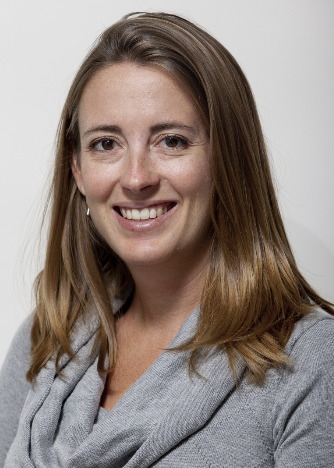
Placental disease and long term health outcomes for moms and babies. Dr. Shannon Bainbridge is an Associate Professor in the Interdisciplinary School of Health Sciences at the University of Ottawa with cross appointment to the Department of Cellular and Molecular Medicine and affiliate investigator status at the Ottawa Hospital Research Institute (OHRI). Dr. Bainbridge was trained in the disciplines of molecular and cell biology, reproductive physiology and obstetrics. In 2011 she established the Placenta Lab (www.placentalab.org) at the University of Ottawa, which takes an interdisciplinary approach to identify the mechanisms that underlie abnormal placental development and function, and translates these findings into clinically useful tools aimed at improving pregnancy outcomes. A primary focus of her research program is to understand and characterize distinct forms of placental disease that underlie the common obstetrical complications of preeclampsia and fetal growth restriction, and to determine the impact of these divergent forms of placental disease on long term health outcomes for both mothers and their babies. Dr. Bainbridge’s research program is currently funded by Canadian Institute of Health Research (CIHR), Canadian Foundation of Innovation (CFI), the PSI Foundation and the Preeclampsia Foundation. |

Identification of epigenomic signatures in sperm associated with Body Mass Index (BMI), Diet and Fertility Status. Dr. Sarah Kimmins, BSc, MSc, Ph is an Associate Professor in the Departments of Animal Science and Pharmacology and Therapeutics, at McGill University, Canada. She holds a Canada Research Chair in Epigenetics, Reproduction and Development. Her research team is focussed on understanding the molecular mechanisms underpinning epigenetic inheritance. Particular interest is given to paternal health and how environmental exposures (diet, BMI, toxicants) alter fertility, clinical outcomes, the sperm epigenome, development and health of offspring. Abstract: Infertility is estimated to affect 17% of couples and is increasing as a consequence of wide exposure to environmental toxicants (e.g. endocrine disruptors, pesticides), the growing prevalence of obesity and delaying parenthood. Higher levels of infertility are in turn associated with increased use of assisted reproductive techniques (ART), with ~1-6% of births resulting from ART. Despite infertility being attributed in 50% of cases to male factors (WHO), the analysis of male fertility parameters in comparison to those of the female partner are primarily subjective and have been heavily criticized given that men contribute ½ of the genetic and epigenetic information to the embryo. There are no proven in depth assays for the assessment of the molecular quality of sperm and despite in depth genome-wide studies no suitable markers have been identified that warrant undertaking screening of men at fertility clinics. Another contributing factor to male infertility is a lack of paternal pre-conception guidelines. Generally, men are not aware that their lifestyle including diet, BMI, alcohol use, smoking, age and toxicant exposure can not only impact their fertility, but also the health of their children. Promising cutting edge research in epigenomics and paternal inheritance indicates that the sperm epigenome is predictive of reproductive outcomes. Studies in humans and animal models show that a father’s age, fertility status and his environment (diet, BMI, and toxicants) can lead to altered health outcomes of his offspring including increased risk of birth defects, metabolic disorders and complex diseases such as autism and schizophrenia. More recently our research and that of others has linked environmental exposures to alterations in the sperm epigenome that were associated with developmental defects and disease in first and second generation offspring. I will present data on our long-term goals of identifying sperm epigenome regions that are sensitive to the environment and links to fertility and infertility in mice and men. |
|
Folic acid supplementation reduces female germ cell aneuploidy in Bub1 transgenic mice, a model of age-dependent oocyte aneuploidy. Dr. Amanda MacFarlane, Ph.D. is a Research Scientist and Head of the Micronutrient Research Section in the Nutrition Research Division at Health Canada. She is an Adjunct Professor in the Dept. of Biochemistry, Microbiology and Immunology at the University of Ottawa and the Dept. of Biology at Carleton University. She has a Ph.D. in Biochemistry from the University of Ottawa (2004) and did her Post-Doctoral training in the Division of Nutritional Sciences at Cornell University (2004-2008). She joined Health Canada in 2008 where she examines the impact of maternal and paternal folate intake on germline genomic and epigenomic stability, and its effect on offspring health and disease. She also uses national health survey data to identify the socioeconomic, dietary and genetic determinants of folate and B vitamin status of Canadians. She has been the Chair of the Joint Canada-US Dietary Reference Intakes Working Group since 2013. She was the Project Co-Director (2014-2017) for the expert panel and workshop “Options for Addressing Consideration of Chronic Disease Endpoints for Dietary Reference Intakes (DRIs)” for which she won the Health Canada 2017 Deputy Minister’s Award for Excellence in Science. |
|
Indigenous populations and DOHaD research: advances, challenges and opportunities. Dr. Pablo Nepomnaschy is an Associate Professor and Director of the Maternal & Child Health Lab in the Faculty of Health Sciences (FHS) at Simon Fraser University in Burnaby, British Columbia and a Michael Smith Foundation for Health Research Scholar. Following his Ph.D. training in Bio-Anthropology, Ecology and Evolution (University of Michigan), he completed postdoctoral training in Epidemiology at the National Institute of Environmental Health Sciences (NIH-USA). Dr. Nepomnaschy’s main research focus centers on the effects of stress — broadly defined as any challenge that activates the hypothalamic-pituitary-adrenal axis — on women’s reproductive function and their children’s growth, development and health throughout the human life course. In particular, using data from a longitudinal cohort study that he established in Guatemala during his Ph.D., his laboratory studies how very early exposures (i.e., in the first few weeks following conception) to “everyday” stressors can influence the development and subsequent activity and responsivity of children’s and adolescents’ hypothalamic-pituitary-adrenal axes. Dr. Nepomnaschy also serves as the lead of the Developmental Trajectories Research Cluster at FHS, the B.C. Representative for DOHaD Canada, and as an International Editorial Board member for the Journal of Developmental Origins of Health and Disease.
|
For more information, please contact one of the organizers:

DR. KRISTIN CONNOR Dr. Kristin Connor is an Assistant Professor of Developmental Origins of Health and Disease in the Department of Health Sciences at Carleton University. She is a molecular geneticist and nutritionist by first training (University of Guelph) and obtained her doctorate in reproductive and developmental physiology in the Faculty of Medicine at the University of Toronto, where she conducted her research internationally. Dr. Connor was a Research Fellow and Investigator at the Liggins Institute and the National Research Centre for Growth and Development in Auckland, New Zealand, and a senior Research Fellow at the Lunenfeld-Tanenbaum Research Institute at Mount Sinai Hospital in Toronto, where she currently conducts her human clinical research. Dr. Connor works with investigators nationally and her collaborations extend beyond Canada to teams in the United States, Brazil, France, South Africa, Australia and New Zealand. Dr. Connor has received various recognitions such as a Canadian Institutes of Health Research Fellowship, awards from international research societies including the International Society of Endocrinology and the International Society for the Developmental Origins of Health and Disease, and was named a Venture Sinai Women’s Fellow. She also serves as an Associate Editor for the Journal of Developmental Origins of Health and Disease. |

SERGE McGRAW, PHD Dr. Serge McGraw is an Assistant Professor at the Department of Obstetrics and Gynecology, Faculty of Medicine, Université de Montréal, and Researcher at the Research Center of the CHU Sainte-Justine. He is a molecular and reproductive biologist by training, with broad expertise in the field of epigenetics. Dr. McGraw’s main research focuses on understanding the epigenetic instability that occurs when the reprogramming of DNA methylation profiles is interrupted during early embryonic development. His research laboratory aims to understand how, during the development of the embryo, a dysregulation of the epigenetic program may be involved in the occurrence of prenatal or postnatal developmental disorders. In particular, using a pre-clinical mouse model of early embryonic alcohol exposure, his laboratory investigates how early alterations in the embryo’s developmental program can influence future brain development and function. serge.mcgraw@umontreal.ca |
Organizers Scientific Committee:
Kristi Adamo (University of Ottawa)
Shannon Bainbridge (University of Ottawa)
Bénédicte Fontaine-Bisson (University of Ottawa)
David Grynspan (Children’s Hospital of Eastern Ontario)
Martin Holcik (Carleton University)
Luigi Bouchard (Université de Sherbrooke)
Marc-André Sirard (Université Laval)
Jacquetta Trasler (McGill University)

